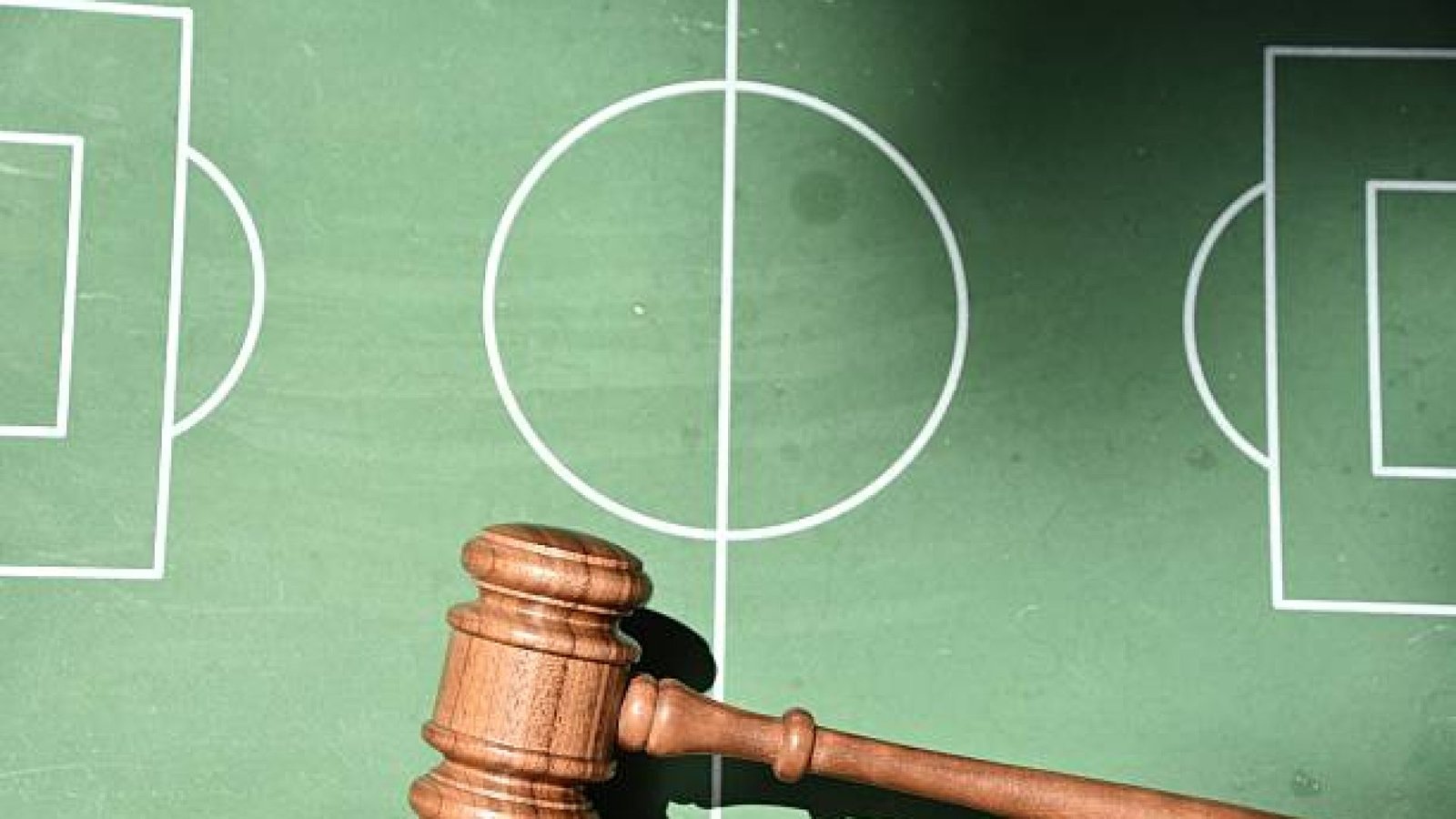In the fast-paced world of sports, intellectual property (IP) plays a critical role in protecting brands, logos, and other assets associated with teams, leagues, and athletes. From iconic logos to team mascots, IP rights help distinguish sports entities and generate revenue through licensing and merchandising agreements. At [Law Firm Name], we understand the importance of safeguarding intellectual property in the sports industry and are committed to assisting our clients in maximizing the value of their IP assets. In this blog post, we explore the intricacies of trademarks and licensing in the world of sports.
Protecting Sports Brands with Trademarks
Trademarks serve as valuable assets for sports organizations, providing exclusive rights to use logos, team names, and other distinctive marks in commerce. Key considerations for trademark protection in sports include:
- Distinctiveness: Trademarks should be distinctive and capable of identifying the source of goods or services, strengthening brand recognition and preventing consumer confusion.
- Registration: Registering trademarks with the relevant intellectual property offices provides enhanced legal protections and enforcement mechanisms against infringement or unauthorized use.
- Enforcement: Vigilant monitoring and enforcement of trademark rights are essential to combat counterfeit goods, unauthorized merchandise, and infringements that dilute or tarnish the brand’s reputation.
Maximizing Revenue Through Licensing Agreements
Licensing agreements allow sports entities to monetize their intellectual property by granting third parties the right to use trademarks and other IP assets in exchange for royalties or licensing fees. Key considerations for licensing agreements include:
- Scope of Rights: Define the scope of licensed rights, including territories, product categories, and duration, to ensure clarity and avoid disputes over permissible uses.
- Quality Control: Maintain control over the quality and integrity of licensed products or services through contractual provisions and quality control measures to preserve the brand’s reputation.
- Royalty Structure: Negotiate fair and equitable royalty rates based on factors such as the popularity of the brand, market demand, and the exclusivity of the licensing arrangement.
Expanding Brand Presence Through Sponsorship Deals
Sponsorship agreements offer another avenue for sports entities to leverage their brand visibility and generate revenue through strategic partnerships with sponsors. Key considerations for sponsorship deals include:
- Brand Alignment: Select sponsors whose values, target audience, and marketing objectives align with those of the sports entity to ensure brand compatibility and maximize the effectiveness of the partnership.
- Activation Strategies: Develop creative activation strategies to leverage sponsorships effectively through branded content, experiential marketing, and digital engagement to enhance fan experiences and drive brand loyalty.
- Compliance: Ensure compliance with regulatory requirements and industry standards governing advertising, endorsements, and disclosures to maintain transparency and integrity in sponsorships.
Conclusion
Intellectual property rights are invaluable assets in the sports industry, providing protection for brands and revenue streams through licensing and sponsorship agreements. At [Law Firm Name], we’re dedicated to helping our clients navigate the complexities of IP law and maximize the value of their intellectual property assets. Contact us today to learn more about how we can assist you in protecting and monetizing your sports brands with confidence.
Stay tuned for our upcoming blog posts, where we’ll continue to explore key topics and best practices in various areas of law, providing valuable insights to help you navigate legal complexities with confidence.




